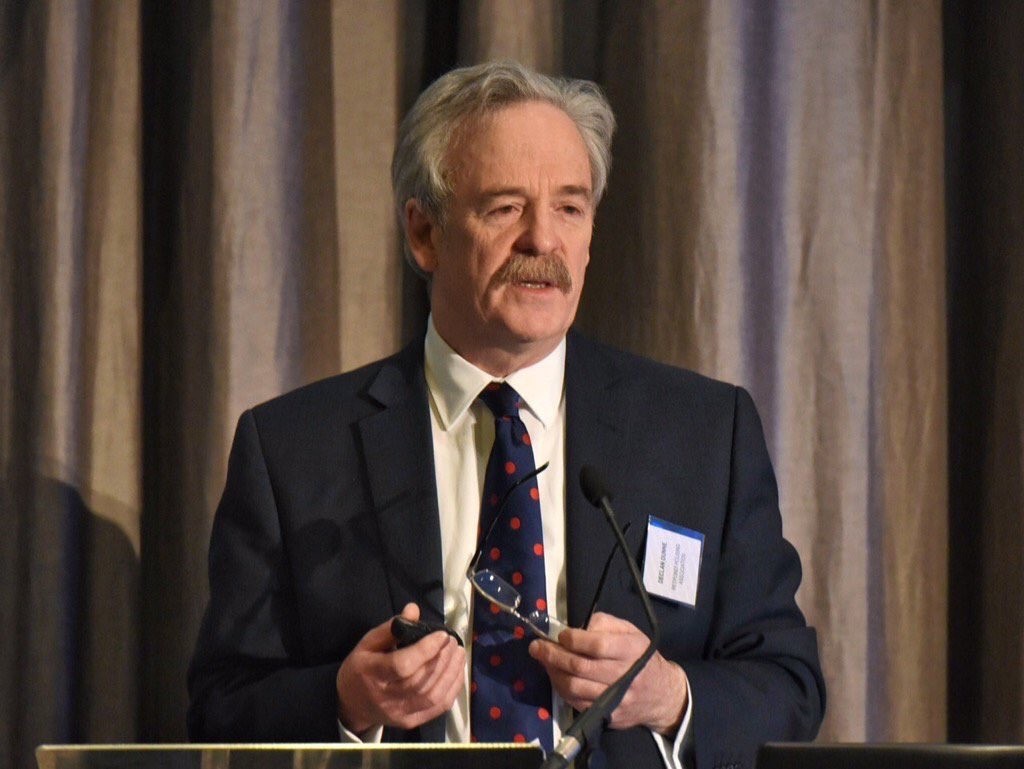Rebuilding Ireland – Tackling the Crisis Conference
Declan Dunne CEO with Respond spoke at the Housing Conference 2016, which took place on 25th..Declan Dunne CEO with Respond spoke at the Housing Conference 2016, which took place on 25th November 2016 sharing his thoughts on the role that Housing Associations, like Respond will play in helping meet the challenge of ensuring quality housing provision for both current and future needs.
 The conference was attended by stakeholders involved in aspects of housing, funding and management including senior managers in the public, private and third sectors in Ireland.
The conference was attended by stakeholders involved in aspects of housing, funding and management including senior managers in the public, private and third sectors in Ireland.
The speaker panel can be viewed here
Ireland’s housing sector is at crisis point – there are currently over 135,000 people on the waiting list for social housing. Rebuilding Ireland, An Action Plan for Housing and Homelessness was published by the government in July 2016. The plan, with an investment of around €5.5 billion, aims to accelerate all types of housing supply and provide 47,000 new social houses over the next six years as well as targeting an annual overall build of 25,000 units per year by 2020.For many years there has been insufficient investment in new social housing provision in Ireland.
An increasing number of people are unable to afford to buy a home, or even to rent privately, particularly in urban areas. Coupled with the downturn in the construction sector and the low levels of housing actually being built, the waiting list has steadily risen, leaving an unacceptable number of people and families in housing stress. With the economy recovering, and the population increasing, a significant increase in new homes is desperately needed.
Five pillars for action
The Rebuilding Ireland plan sets out key actions to be taken under five pillars: Addressing Homelessness; Accelerate Social Housing; Build More Homes; Improve the Rental Sector; Utilise Existing Stock.
The plan also sets out the need for a special Housing Delivery Office within the Department which will drive its implementation. Ambitious in scope, the plan comes after previous strategies that had set out measures to try to tackle the problem. However, the scale of the challenge has meant that this has not been at the pace necessary to meet current demand. In 2015, around half of the 25,000 units needed were built with only 75 local authority social housing units completed.
Whilst no doubt providing a great opportunity, there may also be a number of obstacles to fulfilling the plan’s objectives. Issues around planning, the supply of land, the co-operation of the banks and the speed at which the plan needs to be implemented may all prove to be a challenge.